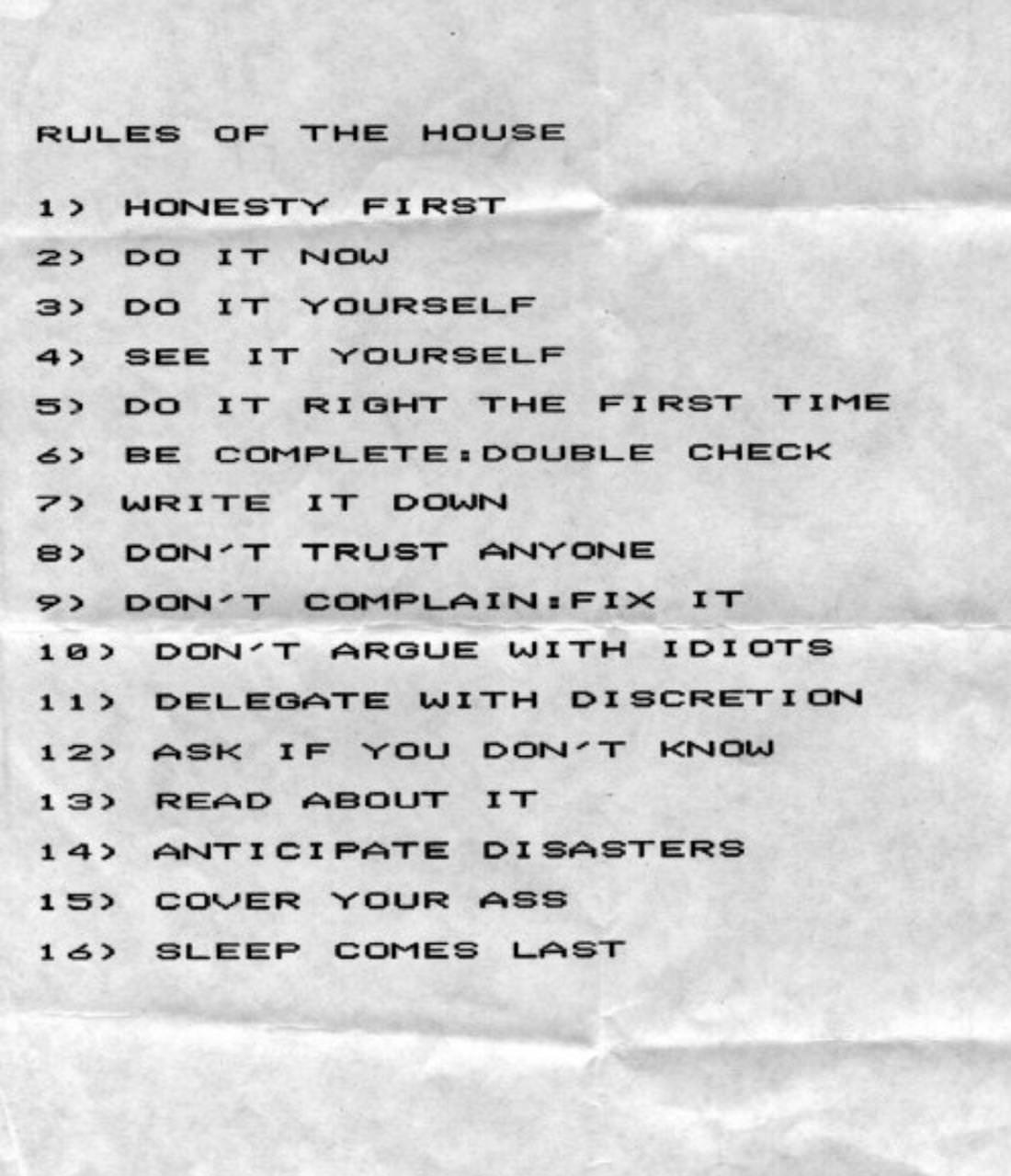Additional piece of advice: sometimes doing all the scut actually improves learning opportunities.
When I was in residency streamlining the attending's day by making sure things were taken care of improved my ability to independently practice and often times lead to more teaching/discussion of the cases because we weren't behind trying to catch up. The truth of most rad onc residencies is that the resident is not needed to carry a service at many programs. A lot of work we did wasn't glamorous, but it allowed us to be ready for the moments where we really learned.
I have to agree with this to some extent. I'm impressed that smith and I responded at the same time. I'll start with a caveat to address smith, some scut is useless--filling out paperwork for example. But, a lot of things that seem like scut turn out not to be in the long run, and some things that aren't educational lead to other things that are.
This is where I disagree with Chartreuse Wombat though they are much more senior than myself.
I believe in the "Three As" for academics as much as private. There's no difference between academics and private anymore anyway (just kidding, sort of).
What are the three As? Affability, availability, and ability. "gratitude, humility and the ability to work on a team" are just restating affability three times in my opinion. I have worked with some very pleasant people who are not particularly available or able. They do well in this world--better pay than me and work less than me. So hey, who is winning in the end? Me personally, I appreciate someone who works very hard, is always up for more learning, and wants to be the best they can possibly be. If they're not the most affable, I personally don't care. That's just me though. We all like people who are most like ourselves and that's how I am.
Now that I'm in practice I see lots of situations where the resident could learn more if they were around more, saw more patients, and read more. I can't store in my brain all the minor (and sometimes major) decisions I make during the day that I think they need to know. I can't teach them all this stuff at the end of the day at 7 PM when I'm done clinic and my brain is fried or remember it the next day.
Still, there's a huge emphasis on lifestyle among residents, so I really try not to push. Some residents clearly want to be with me to learn as much as they possibly can and accept some amount of scut and long hours as inevitable. Some residents clearly want to work 8 AM - 5 PM (or less) as much as possible (this is not just where I am now, I've seen this elsewhere as well).
But, you won't get this feedback from me. Resident evaluations of me are extremely meaningful--if my evaluations aren't glowing I won't be promoted and can even be fired. I have received bad evaluations for giving too much feedback and keeping people too late. I'm personally and professionally quite wounded by this. Personally, I'm wounded because I work 60+ hours a week as an attending. I'm on vacation and doing plenty of work right now. I hold myself to a higher standard than I hold anyone, especially my residents, and I beat myself up for mistakes. I would never expect a resident to do something I wouldn't do or wouldn't have done/expected as a resident myself.
Meanwhile, my evaluations of residents are meaningless as long as they don't want to stay on as faculty where I work and it's not something terrible. Even residents with serious issues will probably still graduate residency with no evidence of that. So I'm not going to push anyone. It really is on you to be the best you can be.
In the end, my advice is to focus on the three As. Sure, be friendly, smile, try to have positive interactions with everyone at all times. I recommend being available as much as possible when the attending is present and working, see as much as possible with them, do as much as possible with them, and push off the notes, contouring, and other stuff till the off hours. Hopefully your attendings are the type who want to teach, know a lot, can refer you to the right papers, won't be threatened or annoyed by lots of questions, and will review everything with you (contours, plans, setups, films, etc etc etc). This is what I strive to be, but it's a two way street.
If you want to know specifically what to read or whatever, let me know. The reality is that as long as you pass your boards, affability will still probably the most important thing for you and your future. This is lamentable to me, but I'm a rare bird.

